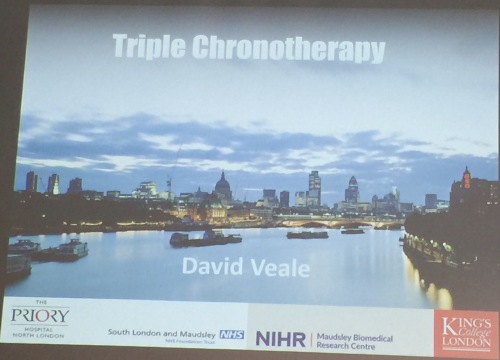The 5 minute 'Health' read - Lifestyle: recent research (December)
Last updated on 17th January 2024
I read a fair amount of research and thought some people might be interested in recent studies that I've found helpful. I plan to write a blog post pretty much every week, highlighting helpful material that has emerged in the previous couple of months. I'll rotate through six topic areas ... Lifestyle, Positive Psychology, Relationships, Ageing, Psychedelics, and Meditation. I also plan to write occasional posts where I go into more detail about particular related subject areas.
Here, for example, are ten Lifestyle posts mostly published in the last few weeks. I found it intriguing that in addition to expected benefits for depression & anxiety (see Singh et al below), there is growing evidence that episodes of exercise improve brain functioning within minutes ... and for wide-ranging age groups (see Kekäläinen et al, Legrand et al, Monserrat et al and Polevoy et al below).

